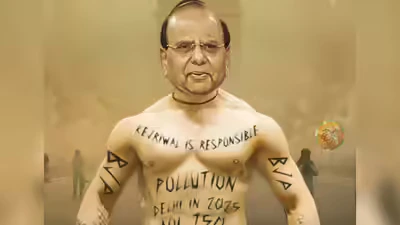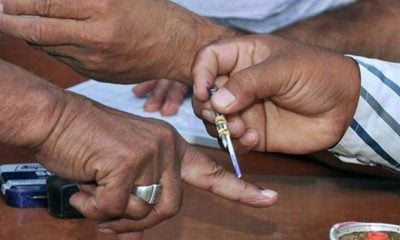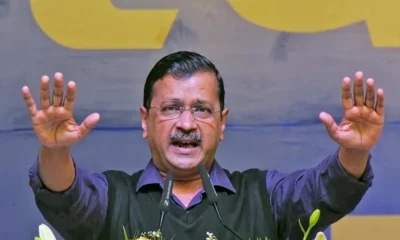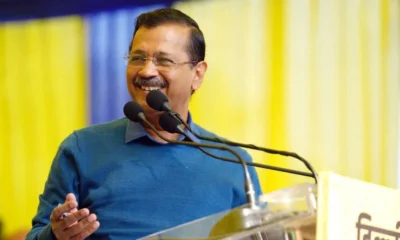India News
BJP’s Parvesh Verma asserts Kejriwal barred from CM role due to bail conditions
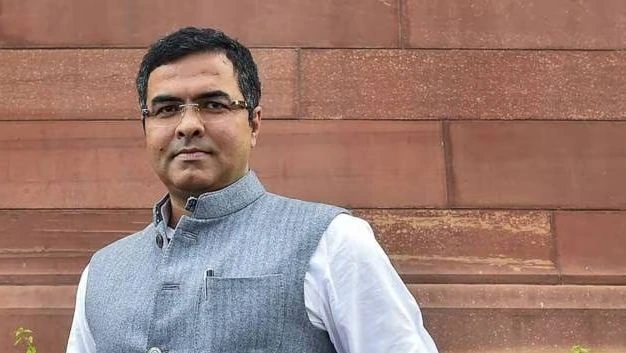
India News
Dharmendra, Rohit Sharma and Piyush Pandey among Padma award recipients
Dharmendra, Rohit Sharma and several leading figures from cinema, sports and public service have been named among this year’s Padma Award recipients.
India News
Nearly 10,000 kg of explosives seized in Rajasthan ahead of Republic Day
Rajasthan Police recovered nearly 10,000 kg of ammonium nitrate along with detonators and fuse wires from a farm in Nagaur district ahead of Republic Day, arresting one person.
India News
PM Modi greets nation on 77th Republic Day, calls for renewed resolve towards Viksit Bharat
PM Modi greeted the nation on the 77th Republic Day, calling the occasion a symbol of India’s pride and urging citizens to renew their commitment towards a Viksit Bharat.
-
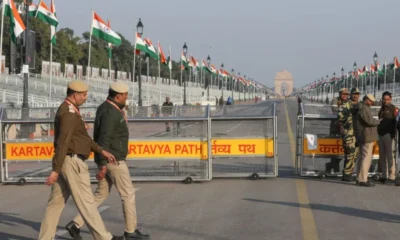
 India News15 hours ago
India News15 hours agoIndia marks 77th Republic Day with grand parade at Kartavya Path
-

 India News15 hours ago
India News15 hours agoPM Modi greets nation on 77th Republic Day, calls for renewed resolve towards Viksit Bharat
-

 India News15 hours ago
India News15 hours agoNearly 10,000 kg of explosives seized in Rajasthan ahead of Republic Day
-
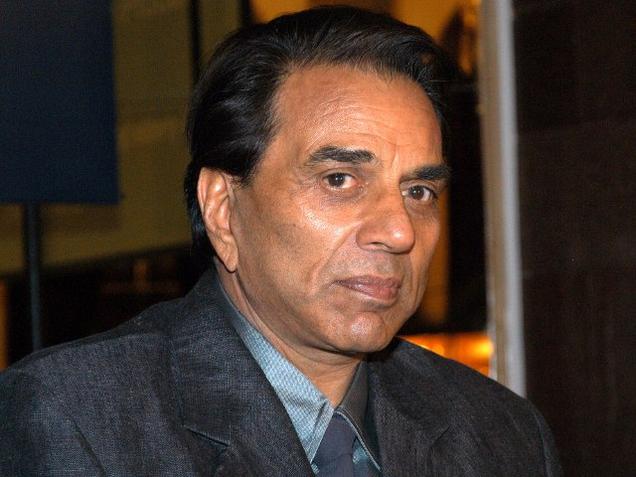
 India News14 hours ago
India News14 hours agoDharmendra, Rohit Sharma and Piyush Pandey among Padma award recipients

